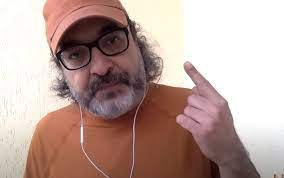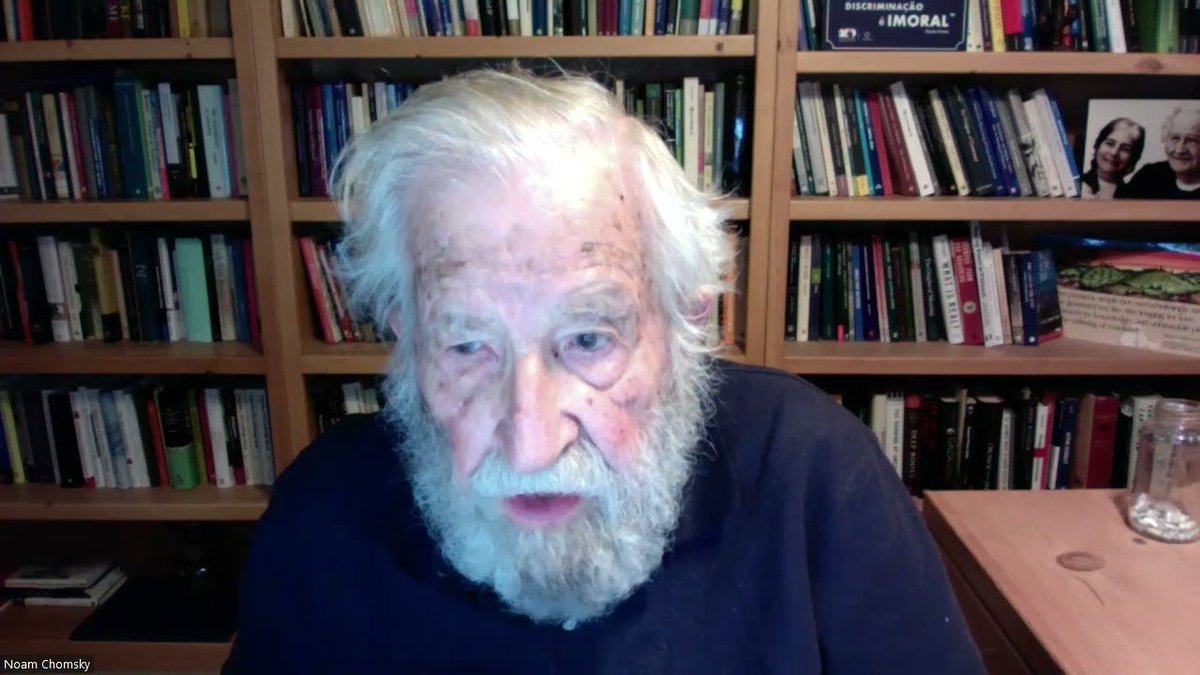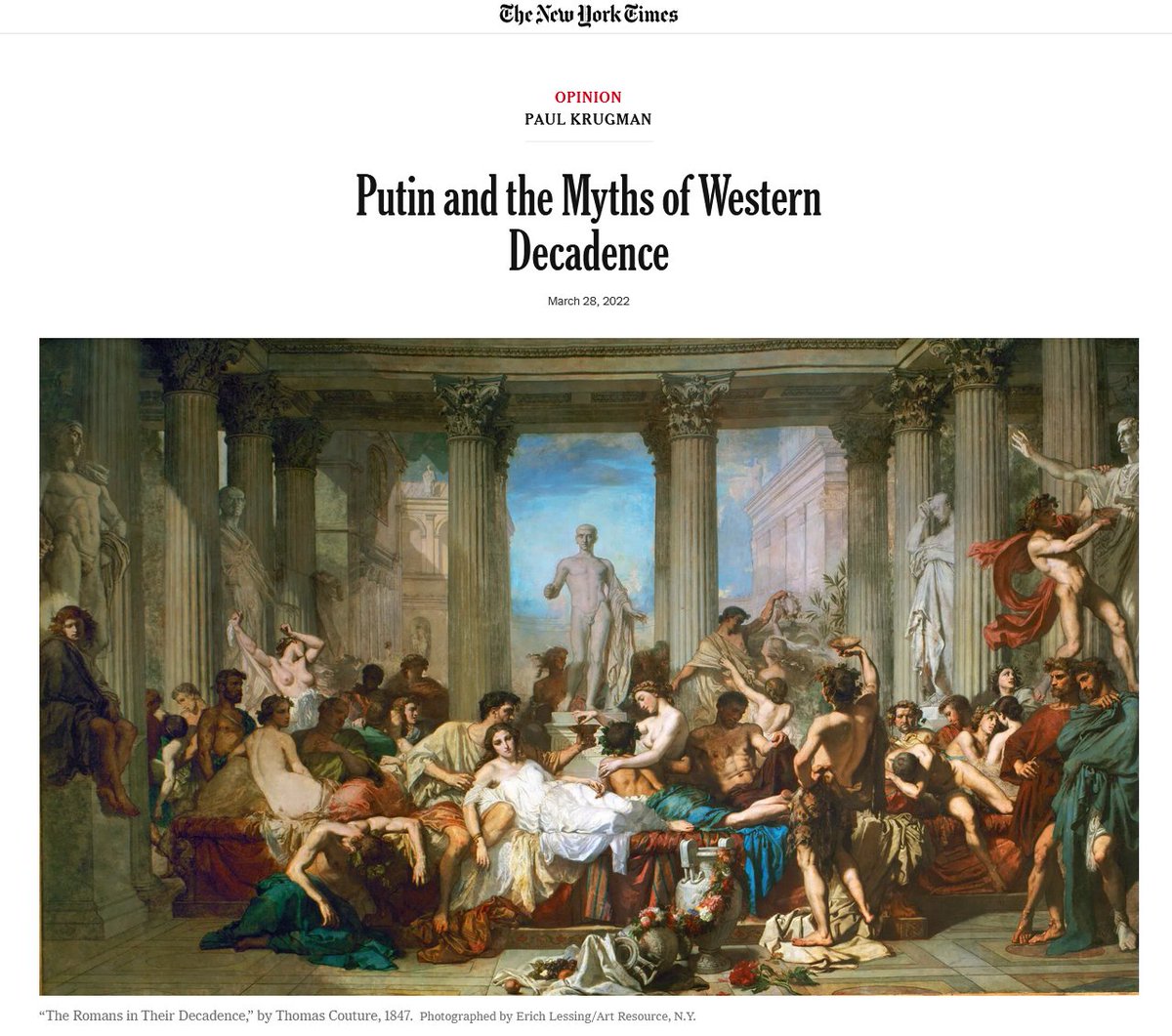In today's #vatniksoup, I'm going to talk about MICE. Not the rodent, but an acronym that originates from CIA recruitment strategy used in espionage. MICE explains the main motivators for covert and also overt action, and it stands for Money, Ideology, Compromise and Ego.
1/25
1/25

Whereas CIA Staff Historian Randy Burkett has stated that MICE has "outlived its usefulness" in counterintelligence, it seems to still apply quite well to those who are recruited to spread online propaganda. When doing research and deep dives on individuals who are...
2/25
2/25

... producing and promoting pro-Kremlin viewpoints, one can quickly find connections between the people and these four motivators. Naturally, these motivators can also overlap. One example from counterespionage is the case of Earl Edwin Pitts, who had been an FBI agent...
3/25
3/25

...who sold secrets to the Soviets and later to the Russians. During his interrogation, he told that he was treated badly while working for the FBI,but was also motivated by the stacks of rubles the Russians offered.
These days people who work to benefit a foreign actor..
4/25
These days people who work to benefit a foreign actor..
4/25

...are called "useful idiots", a term falsely attributed to Lenin. In my view, it's counterproductive to refer to these people as idiots, as some of there are actually quite intelligent, and they've simply taken an opportunity to benefit from "working for the enemy".
5/25
5/25

A research project called Project Slammer, conducted during the late 80s, suggested that the subjects who become spies often see themselves as special, even unique; deserving, living in unsatisfactory situation, has ran out of other options (than to engage in espionage),...
6/25
6/25

...and not a "bad person". This probably applies to most online propagandists, too.
Propagandists, like spies, often think of their work as "victimless" crime - many might feel that spreading disinformation and false narratives doesn't hurt anybody, it's just...
7/25
Propagandists, like spies, often think of their work as "victimless" crime - many might feel that spreading disinformation and false narratives doesn't hurt anybody, it's just...
7/25

..."another version" of the story. Yet these actions often have consequences - they can, for example, affect the support and aid that Ukraine gets from the West.
8/25
8/25

Now, I'm going to move to the territory of speculation. I've been researching "independent journalists", politicians and other pro-Russian actors for quite some time, and I feel like I have a hunch of what drives some of them.
Here's my analysis for each motivator:
9/25
Here's my analysis for each motivator:
9/25
Money: This one's the easiest - most of the pro-Kremlin mouthpieces are motivated by money. In fact, if you'd take the money out of the equation, they'd stop producing their nonsense and would move on to other things.
10/25
10/25

In my opinion, most "independent journalists", including Janus Putkonen, Mike "iEarlGrey" Jones and Patrick Lancaster are driven by money. All of them have had some hardships in their previous lives, and have moved on to work for the Kremlin to make a decent living.
11/25


11/25



Some businessmen were offered lucrative business deals by the Kremlin, possibly to help with their cause.
In addition, there are those politicians and grifters who are most probably driven by both their ego and their money.
12/25
In addition, there are those politicians and grifters who are most probably driven by both their ego and their money.
12/25
These include Gonzalo Lira, Jackson "Z" Hinkle, and most of the MAGA crew. Politicians like MTG and Boebert will drop any ideology (for example, QAnon) as soon as it no longer serves their self-interests.
13/25



13/25




Ideology: Ideology can be extremely strong motivator and often creates staunch and loyal propagandists. Most of the ideology-driven Putin propagandists come from the far corners of the left and right,but many of them also believe in various conspiracy theories and have no..
14/25


14/25



..political affiliation. Some people who in my opinion are driven by ideology, include Caitlin Johnstone, Katrina vanden Heuvel, Caleb Maupin, Steve Bannon and of course Noam Chomsky. It's not rare to see people from the far-left and from the far-right cooperate in this...
15/25



15/25




..domain,reinforcing the idea of the horseshoe theory. Even though rabid anti-US/NATO/Western stance is not an ideology per se, it is a strong motivator for many propagandists. Russia is also often pushing the idea of "decadent West" vs "traditional Russia.
16/25

16/25


Compromise/Kompromat: This refers to damaging information about a person, which can then be used for blackmail. The most common type of kompromat is some kind of sex tape of the person involved. Putin has used this strategy to his benefit since forever.
17/25
17/25

The most famous case happened in 1999, when then FSB Chief Putin released a sex tape where Prosecutor General Yury Skuratov was in bed with two young women. Skuratov had started investigating corruption of Putin's then boss, Boris Yeltsin, and this tape was used to make...
18/25

18/25


...him resign from his position. Kompromat is the most difficult to detect,as once the compromising material has been exposed, these people often become useless. In my opinion, those men who have visited Russia on various occasions are the most evident targets of kompromat.
19/25
19/25
Some of these people include Mark Ames, John Dolan, Andrew Anglin and Graham Phillips. Ames has even written about their sexcapades during the 90s and 00s in Moscow.
Ego: Ego is another strong motivator, and can create very loyal propagandists.
20/25


Ego: Ego is another strong motivator, and can create very loyal propagandists.
20/25



In many cases, propagandists ego has been "bruised", and they often feel like they have been mistreated by their own country. For ego-driven propagandists, two prime examples are Scott Ritter and Douglas Macgregor. Both were at some point quite talented in their work but...
21/25


21/25



...were, to some degree, mistreated by their superiors. Macgregor's career was hindered due to his unorthodox methods, and Ritter was humiliated as a weapons inspector. Now they're both pushing Kremlin narratives, and Ritter is even touring around Russia, even going to...
22/25

22/25


... talk shows to praise Russia and defame the US and Ukraine. In my opinion, fake news bloggers like Aaron Maté and Max Blumenthal are driven by their huge egos, and formerly prestigious old school journalists like Seymour Hersh have the same problem.
23/25



23/25




MICE is good at describing our core motivations for producing and promoting propaganda, but it's also oversimplifying things. Randy Burkett has stated that it excludes important factors like family, tribe, religion, ethnicity and nationalism.
24/25
24/25
But I still argue that it is a useful tool for determining what drives these actors to publish disinformation and false narratives, and that in most cases we can apply these motivators to most people.
In my case, it's probably ego.
25/25
In my case, it's probably ego.
25/25
Support my work: buymeacoffee.com/PKallioniemi/m…
Subscribe to my upcoming YouTube channel: youtube.com/@TheSoupCentral
Past soups: vatniksoup.com
Subscribe to my upcoming YouTube channel: youtube.com/@TheSoupCentral
Past soups: vatniksoup.com
• • •
Missing some Tweet in this thread? You can try to
force a refresh

































